Tahini. Labneh. Matzoh. Za’atar. If you’ve tasted any of these ingredients in a restaurant—or tried cooking with them at home—it’s safe to say you’ve been exposed to the growing American interest in Israeli cuisine. Yet if the United States is considered an adolescent in the context of world history, then Israel is, comparatively, an infant, having only been recognized as an independent country in 1948.
How does a young nation, establishing itself in a region with centuries of history, develop a robust, delicious and recognizable cuisine? What does it mean when Jerusalem-born chef Yotam Ottolenghi becomes not only a best-selling author, but also a household name? What happens when we can order Israeli shakshuka for breakfast at Marriott and Hilton hotels—or even buy a starter kit for the dish in the freezer aisle of Trader Joe’s? To begin to answer these questions, we sat down with Chef Alon Shaya: the Israel-born, Philadelphia-raised, James Beard Award-winning owner of Saba and Safta (in New Orleans and Denver, respectively).
Admittedly, Shaya wasn’t always interested in cooking the dishes of his childhood. “I was thirty-five years old when I finally said, ‘I’m Israeli; I’m ready to make hummus for a living,’” he says, “instead of pretending to be Italian.” The chef moved to America with his parents at the age of four, and initially found his family’s culture to be a social burden. From the pronunciation of his name—which peers distorted to “Alone”—to the exotic dishes that filled his lunchbox, Shaya’s identity felt like more of a question mark than a statement. “I did everything I possibly could to leave my heritage behind and assimilate into a sloppy joe and tater tot world,” he says.
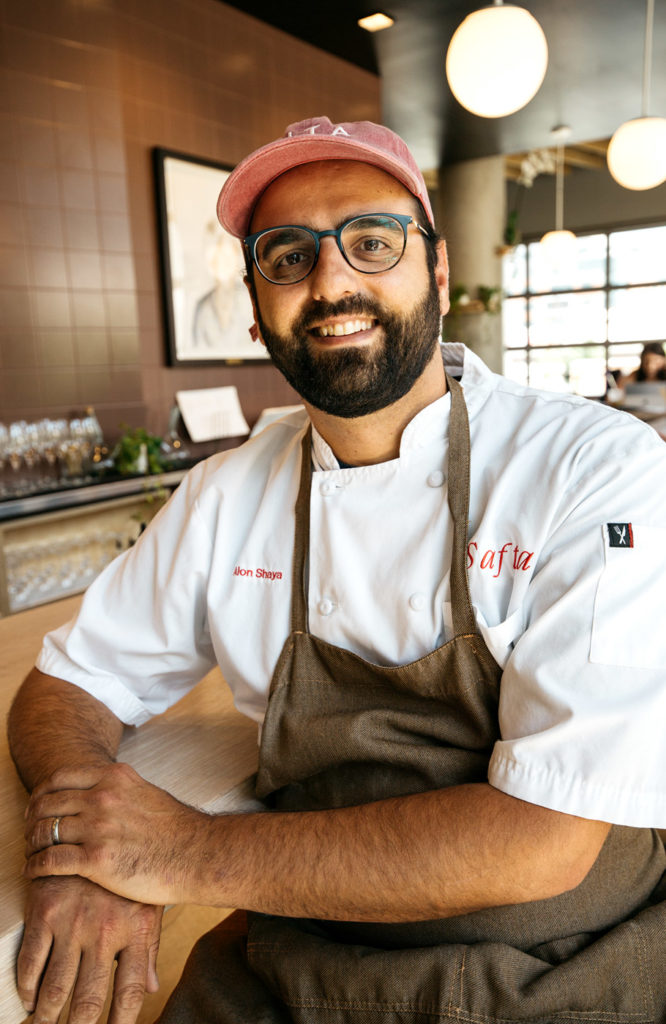
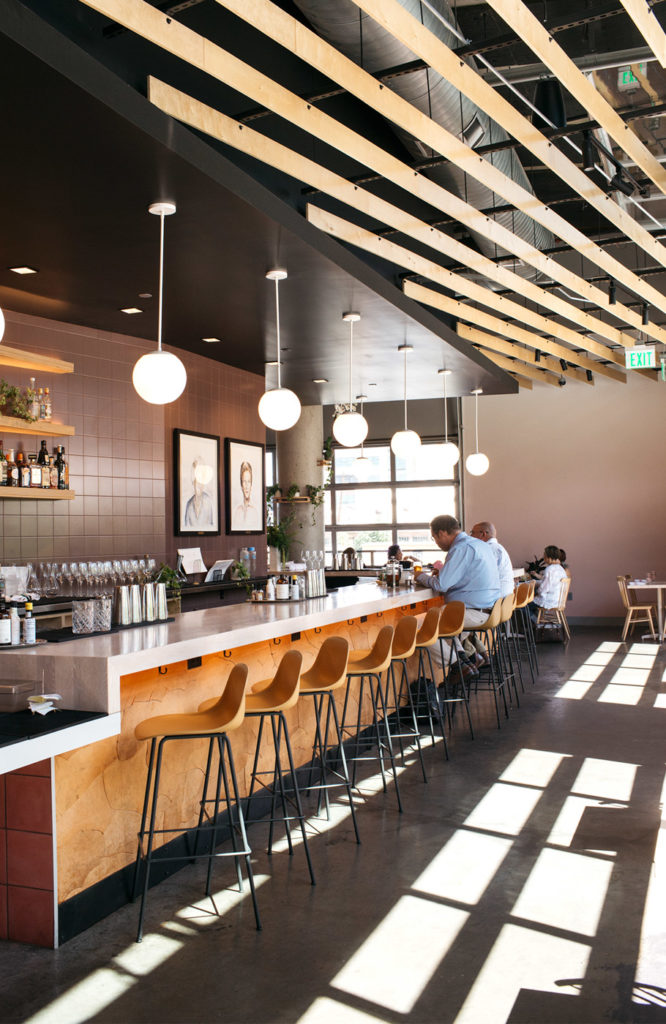
It didn’t help that Shaya’s parents divorced shortly after immigrating, leaving his mother to work two jobs in order to support the family. In turn, the rare times he felt pride and connection to his history were when his saba and safta (grandfather and grandmother) came to visit. “Whenever they were in town, something exciting would happen—whether going out for ice cream or buying my mom a car,” he says. “And then there was my grandmother’s cooking. I began to associate sensory memories—like the smell of roasted peppers and eggplants—to times when things were more happy, more simple, and when I wasn’t thrown into this whole other world.”
Today, the aroma of charred vegetables remains one of the staples in Shaya’s cooking. At Safta, his roasted cauliflower is thoroughly blackened in the wood-fired oven and served whole with whipped feta. The chef notes those darkly toasted flavors as central to Israeli cuisine, alongside fresh salads, a wide array of spices, and the iconic pitas he serves in fluffy, fresh-from-the-oven stacks.
Yet the more you talk with Shaya about Israeli cuisine, the harder it becomes to summarize. He explains that many of the common national dishes—hummus, labneh, kibbeh, babaghanoush, tabbouleh—hail from Arabic, Syrian, Lebanese or Palestinian influences that pre-date the country’s founding. Shaya’s own family first emigrated from Western Europe to Bulgaria following the Spanish Inquisition, before later resettling in Israel. In turn, their home-cooking ranged from Eastern European stuffed cabbage, to a Sephardic matzo-based take on buñuelos, to Turkish burekas and beyond.
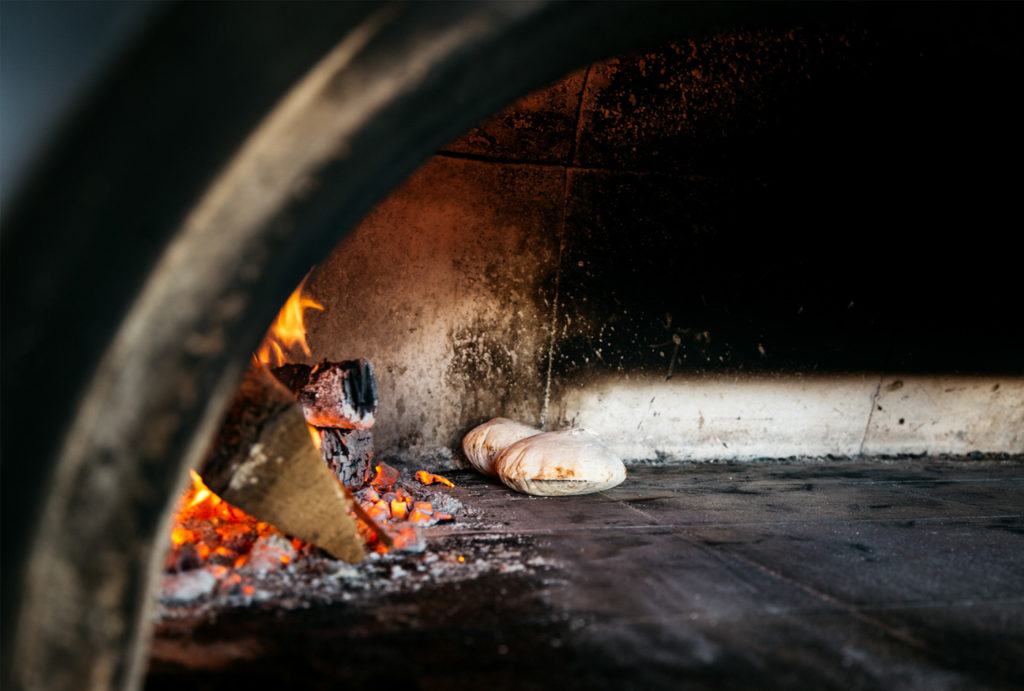
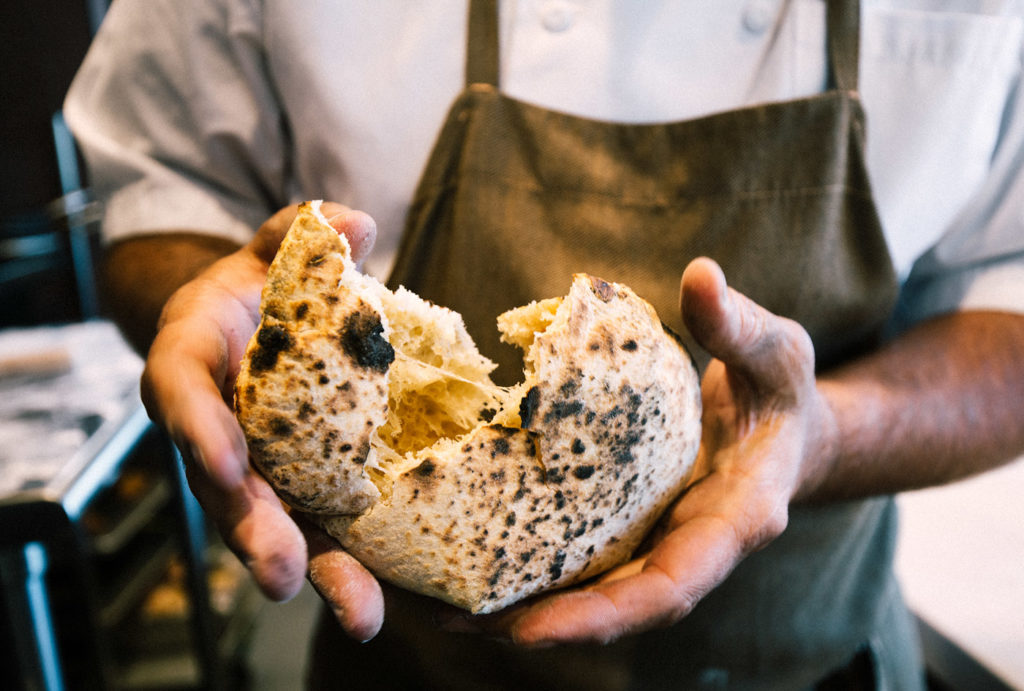
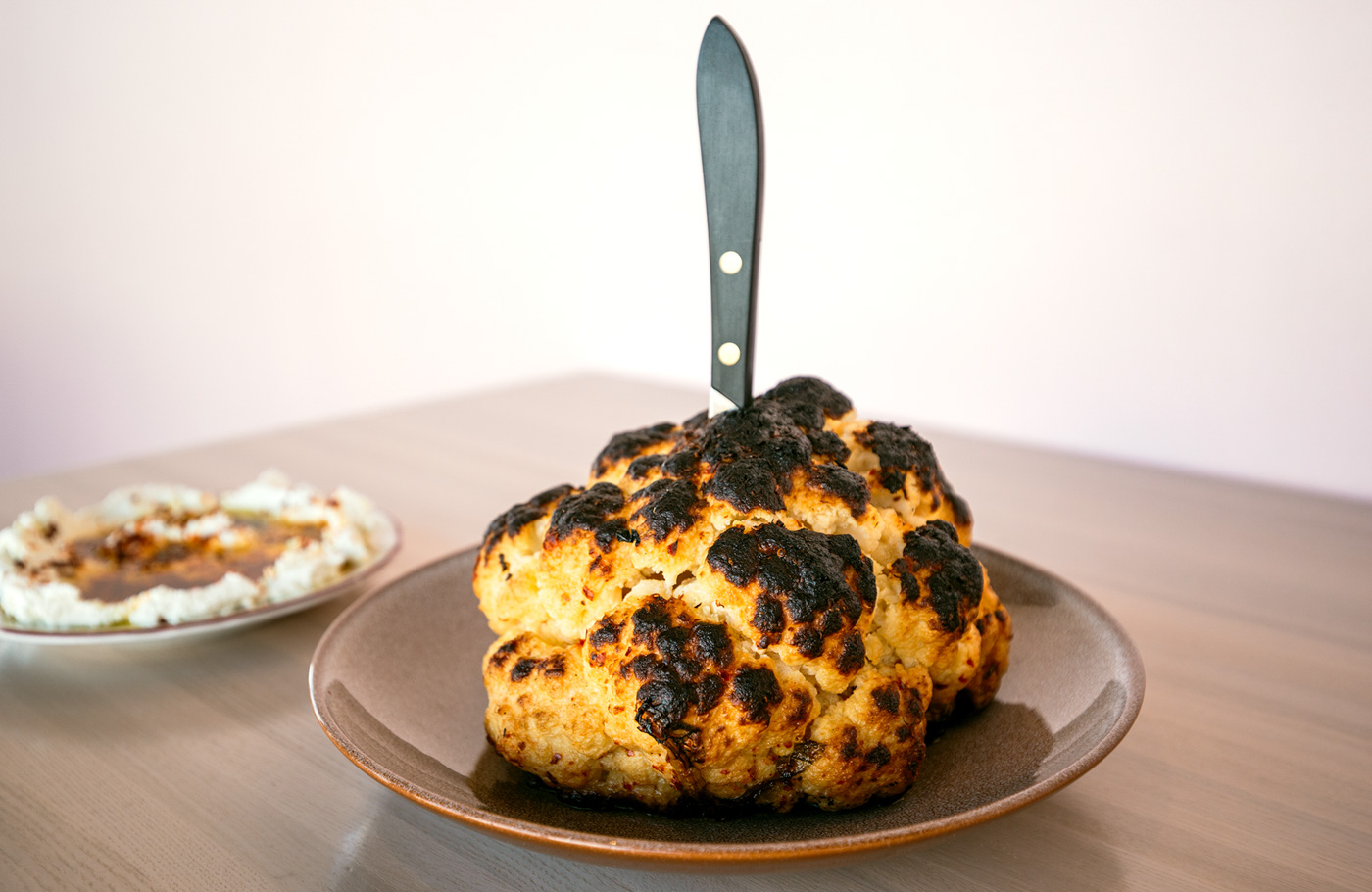
Returning regularly to Israel for research, Shaya continues to discover new layers to his home country’s cuisine, including dishes he never sampled as a child. Recently, he has taken a particular interest in Yemenite recipes, featuring such dishes as kubaneh (a slow-baking bread with croissant-like layers) on his menu. “Even though the Yemenite immigration is more current, they have such a strong food culture that it quickly infiltrated Israel,” he says, “from malawah (flatbread) to jachnun (traditional shabbat pastry).”
Reflecting on the myriad root-cuisines from which Israeli cooking continues to develop, Shaya turns philosophical: “America is an immigrant country of many cultures coming together, which is how pepperoni pizza, fajitas and California rolls became part of the same food culture. Israel is very much the same way.”
Shaya also notes that Israel’s cultural identity only began to solidify in the 1990s, when the first wave of post-World War II immigration transitioned to a generation growing up in relatively peaceful times. “When you begin to move past so much pain and so many bad memories, you can start to be more open-minded about what the possibilities might be,” Shaya reflects. For Israelis growing up in the internet era, access to global information has only continued to accelerate that evolution.
“When Yotam Ottolenghi puts out a cookbook that travels the world, people start to feel more comfortable telling their stories,” Shaya continues. Since the publishing of Ottolenghi in 2008, Shaya has noticed an explosion in the acceptance not only of Israeli cuisine, but of restaurants opened by chefs from a much broader array of backgrounds—ranging from Filipino to Norwegian. “We’re in an era when people are increasingly able to say, ‘This is who I am. This is what my heritage is. And this is what I have to offer, whether that be food, music, art or something else.”
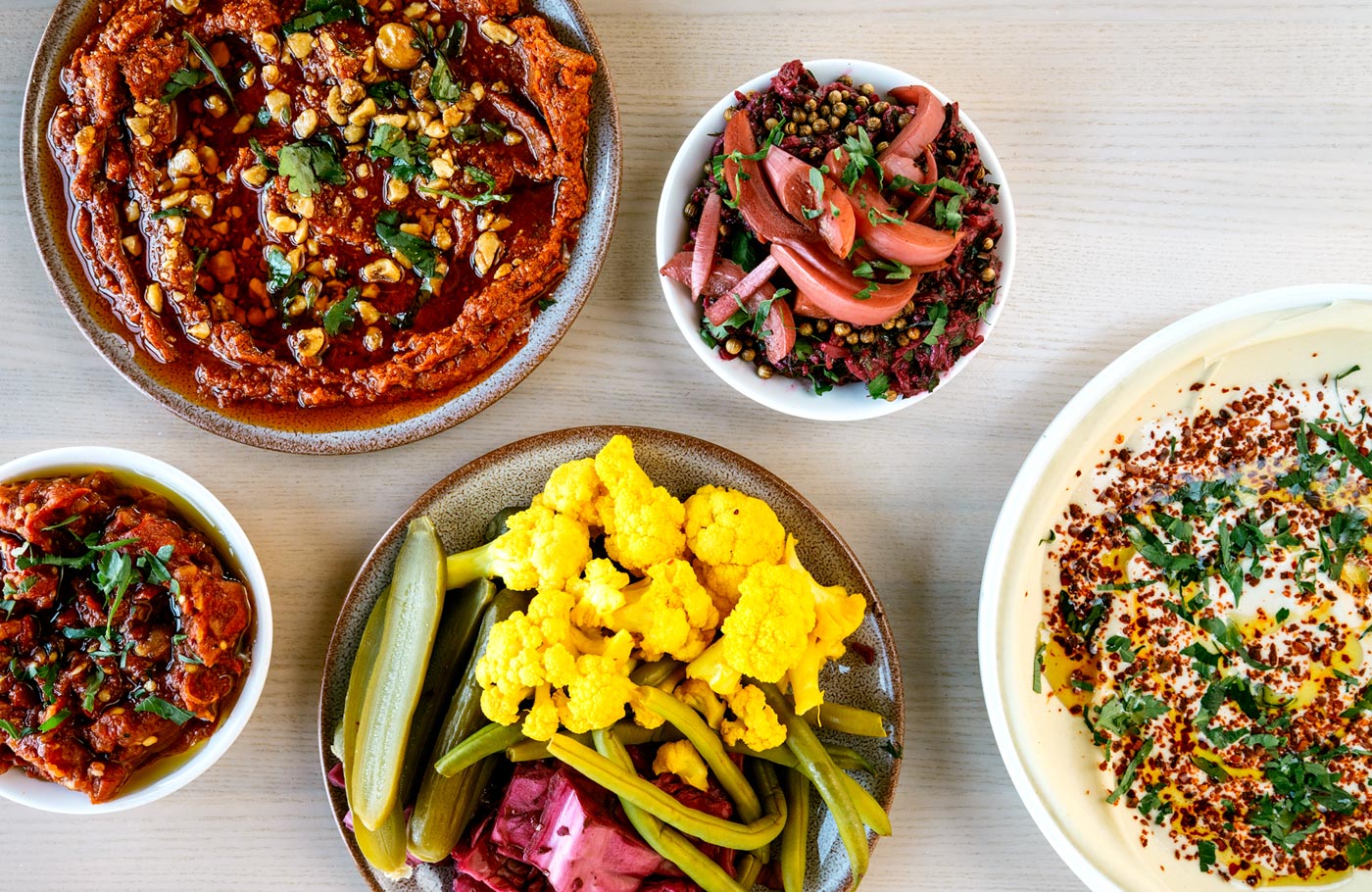
Shaya also praises chefs like Einat Admony (New York) and Michael Solomonov (Philadelphia) in paving the road for future Israeli restaurants. Yet what makes Shaya’s own work particularly interesting is his geography—namely, that he has opened restaurants in cities where there aren’t large or influential Israeli communities that could help ensure his doors stay open.
“I’ve been living in New Orleans for seventeen years,” Shaya explains. “NOLA is a little microcosm of uniqueness in that it’s such a diverse place and the community respects and champions that diversity.” But that doesn’t mean the chef knew what would happen when he opened his first Israeli restaurant in 2015. “There were people who doubted it would be successful. But I got to the point where if my work was genuine enough, I believed there would be people who would relate to it,” he says.
In Denver—a city Shaya and his wife began exploring out of a personal interest, rather than professional endeavors—the question of diversity remains more of a challenge. “Denver is more ethnically segregated than I’m used to,” the chef admits. “It’s all here, but you have to choose to tap into it. That’s why we wanted to open an Israeli restaurant here—to consciously become a part of the community and to embed ourselves in one of the more diverse, emerging sections of town.”
The decision to prioritize cities other than New York, Los Angeles or Miami is undoubtedly confusing to investors offering Shaya opportunities in prime markets. Yet it’s an intentional choice on the chef’s part, due to his desire to only own businesses in cities where he personally wants to spend time—and also because, in the chef’s words, “Food is political. Everything is political. We’re ignorant to think otherwise.”
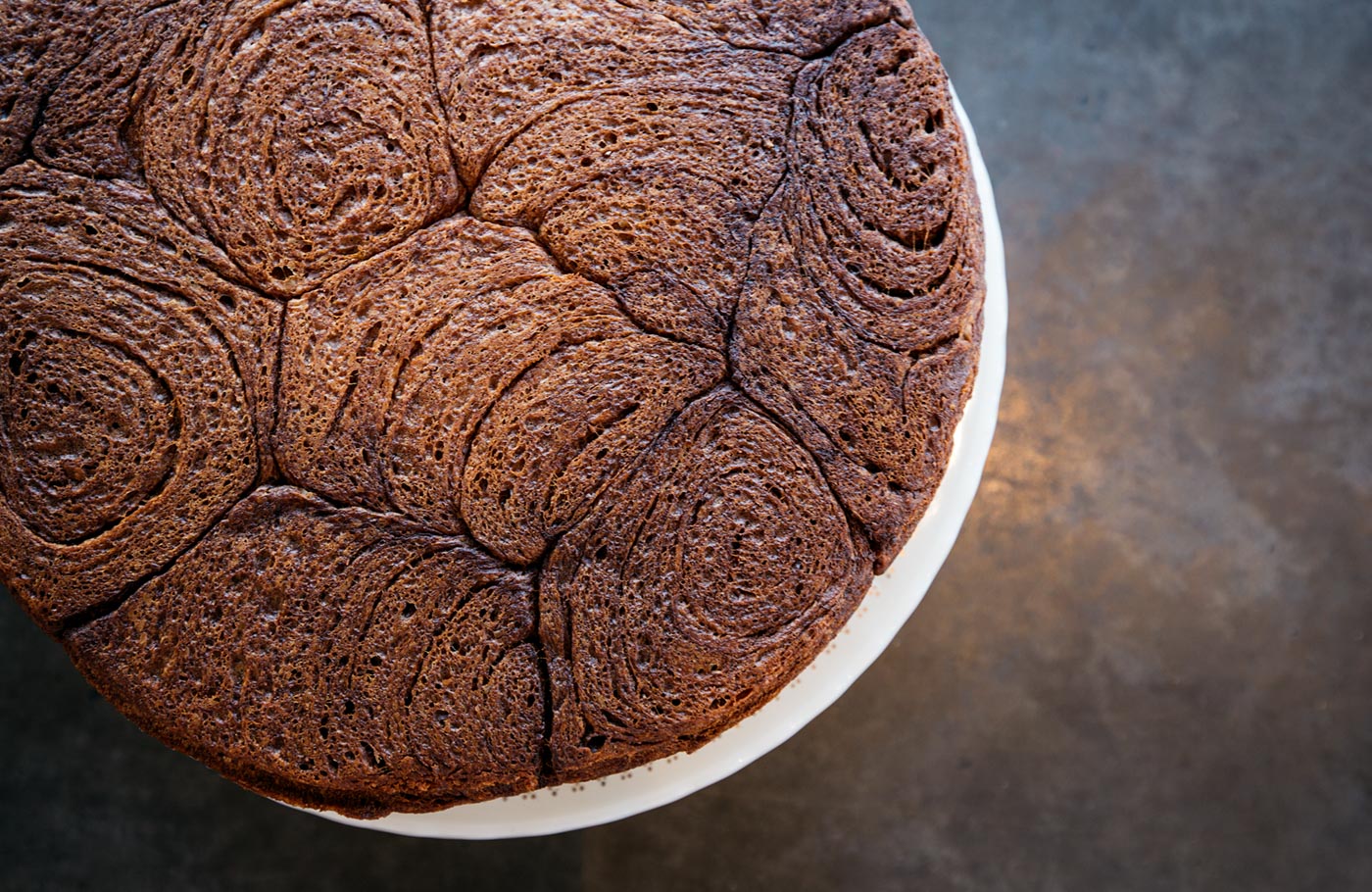
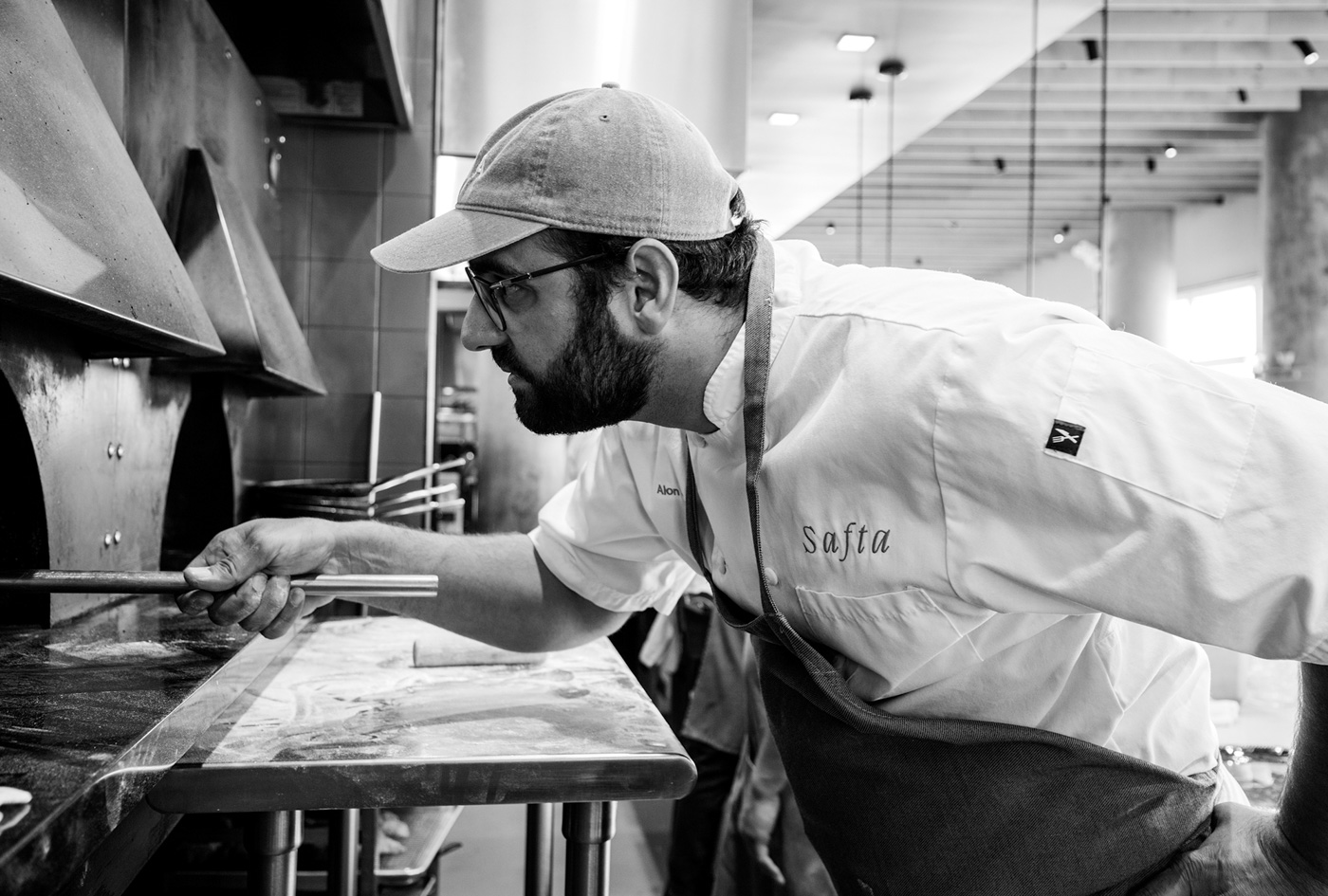
As an immigrant who hails from a nation of immigrants, Shaya has experienced how food can become a bridge between cultures. “It’s not easy to start a conversation with, ‘What do you think about those settlements in Gaza?’ But we can all agree that Israeli food is delicious [and feel comfortable talking about it],” he says. “It’s Arab, it’s Christian, it’s Bulgarian. It’s a culmination of all these cultures and religions, and that’s what I think is beautiful about it.”
Israel’s multi-layered culture also offers an opportunity for poignant comparisons to our own socio-political situation in America—a fact that is not lost on Shaya. “Ask anyone who is opposed to Mexican immigration how many times they’ve eaten nachos,” Shaya laughs. “It’s crazy to me that someone can draw a wall between who people are and what they contribute to a culture.”
When it comes to supporting diversity, Shaya also understands his platform extends beyond the plate. As an entrepreneur and an employer at his restaurant group, Pomegranate Hospitality, an appreciation of other cultures is built into the business plan. “Equality is one of our nine core values, which extends to every decision we make—including what we put on the menu. If you believe in empowerment, then you can be with us.”





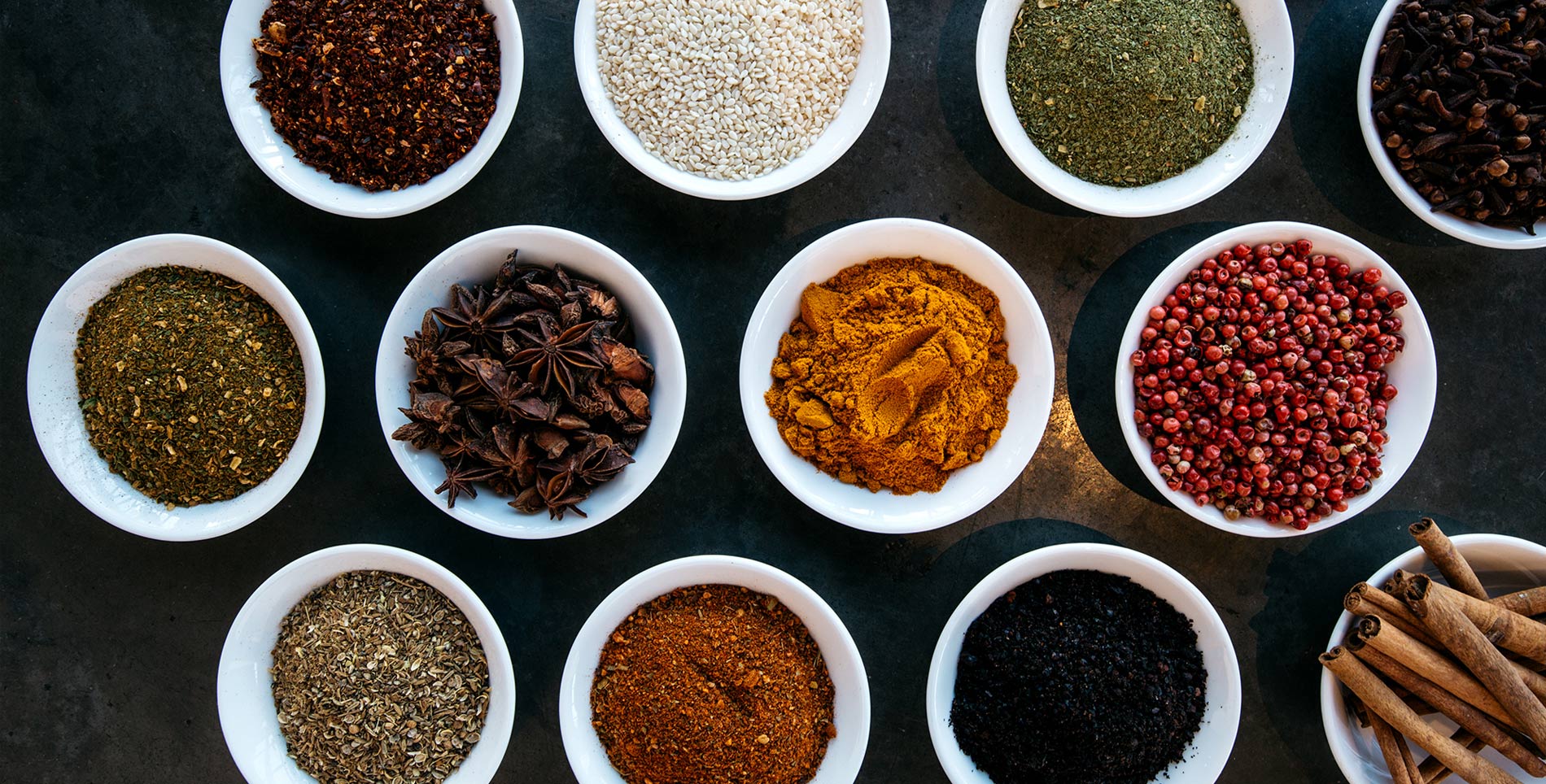

Our comments section is for members only.
Join today to gain exclusive access.